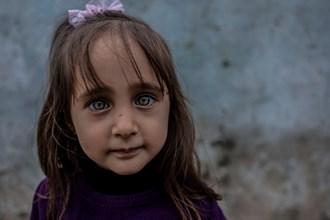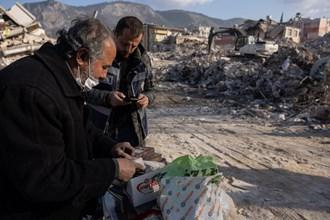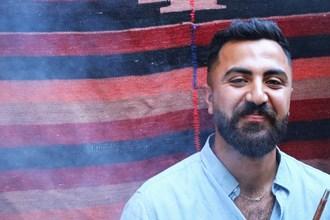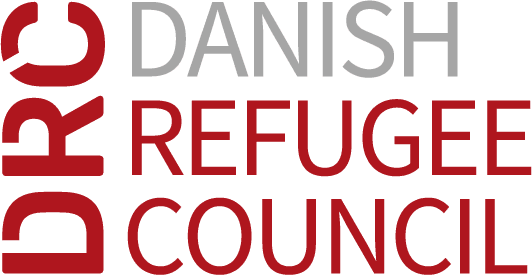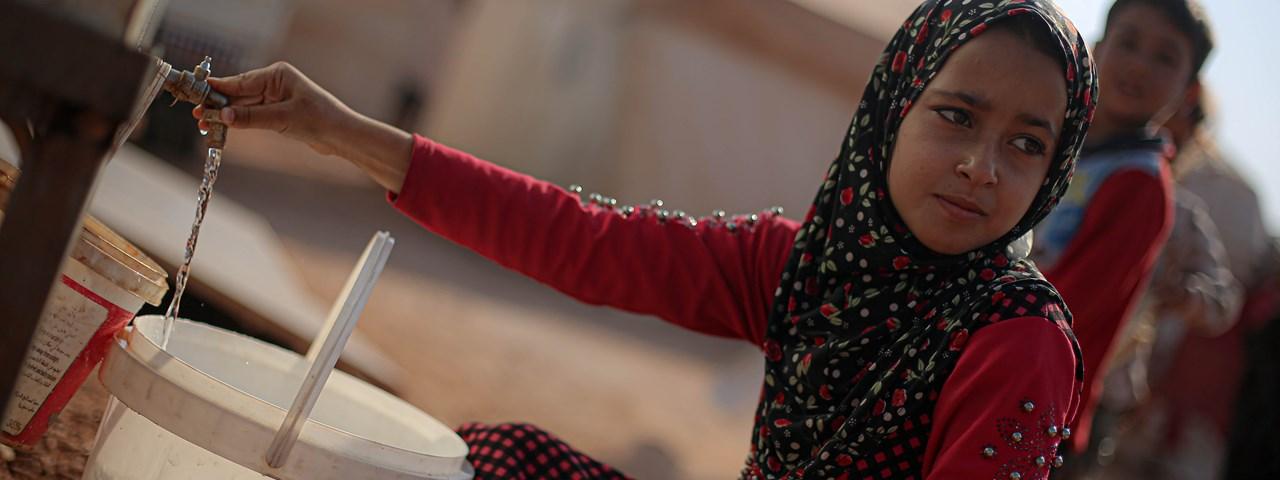
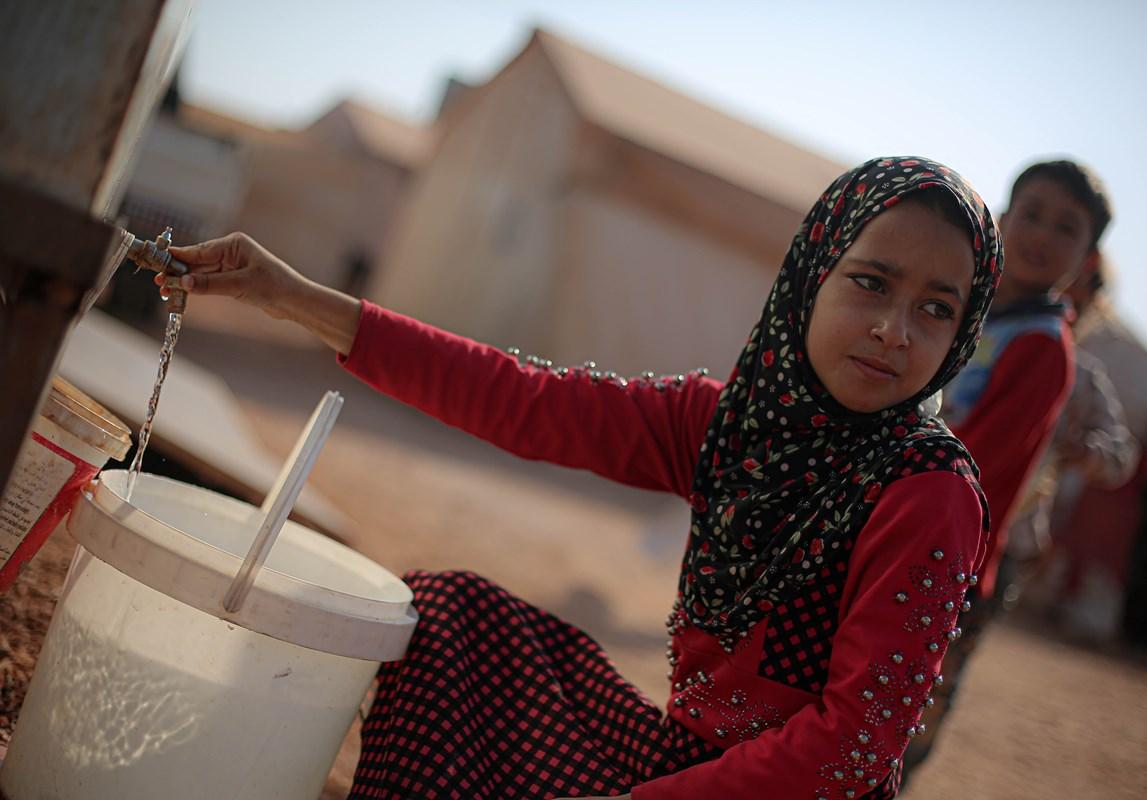
Diaspora emergency response to the earthquake in Northwest Syria
This page focuses on the humanitarian response of Syrian diaspora and local organizations to the earthquake in Northwest Syria. Only publicly available information has been used and no sensitive data will be published. Diaspora organizations also find several resources to support their planning and programming of activities. Contact details to a range of Syrian diaspora networks worldwide can be accessed in our member section below.
What happened on February 6?
The recent earthquake that struck the border region between Syria and Turkey on February 6th has worsened an already dire situation in the area. With the conflict in Syria now in its 12th year, the majority of the Syrian population is living below the international poverty line.
According to UNOCHA, more than 8.8 million people are affected in Northwest Syria alone, with over 103,000 internally displaced and more than 10,600 buildings fully or partially damaged. The humanitarian response in Turkey is led by the Turkish government, but the situation in Syria is more complicated.
Local groups are first-responders but come last in funding
In Northwest Syria, local Syrian and diaspora organizations are at the forefront of the humanitarian response, providing medical care and relief in hard-to-reach areas and across borders in Syrian provinces. The Syrian NGO Alliance (SNA), a coalition of 22 local Syrian NGOs and diaspora organizations, currently delivers most of the aid in Northwest Syria.
However, local NGOs have been neglected in the distribution of institutional funding, despite their significant presence in the affected areas. According to UK-based research group Development Initiatives, only 1% of direct funding for the Syrian refugee response in Turkey went to local and national NGOs in 2019 and 2020, with 86% of funding provided directly to international actors, nearly half being channeled to the UN.
Diaspora Organizations' Areas of Intervention

Health

Food Security

Emergency Shelter

Education
Diaspora Organizations Humanitarian Response Map
0The Syrian NGO Alliance
DEMAC partners with the Syrian NGO Alliance to support Syrian-led operational response to the earthquake and its aftermath. As part of this effort, DEMAC will deploy a Liaison Officer in Gaziantep to access, collect, and manage data for more coordinated humanitarian assistance. The focus will be on hard-to-reach areas, the impact of earthquakes on N/LNGOs staff, and cross-border responses.
The aim is to support and strengthen SNA's coordination and existing structures.
The Syrian NGO Alliance (SNA) is an association of 22 Syrian civil society and diaspora organizations primarily focused on humanitarian affairs. Established in 2014, the alliance aims to promote joint humanitarian response in Syria, as well as cross-border efforts. It also coordinates advocacy efforts related to humanitarian issues. The SNA is based in Gaziantep, Türkiye.
Members of the SNA assist in several humanitarian sectors, such as Health, Education, Nutrition, NFI, Shelter, Food Security & Livelihoods, Protection, WASH and CCCM.
How the Syrian diaspora unites to speak with one voice
Resources for Diaspora Organizations
Other stories about Syria
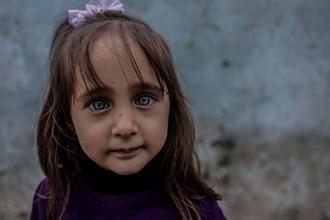
Stepping Up Amidst Crisis: Syrian Diaspora's Earthquake Response
DEMAC launches new Report on Syrian Diaspora's Earthquake Response in Northwest Syria
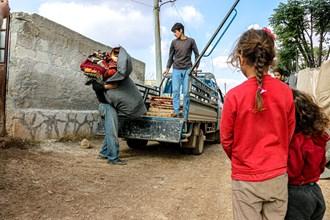
Turkish and Syrian diaspora organizations' response to the earthquake
How Turkish and Syrian diaspora organizations worldwide provide a fast response to the earthquake
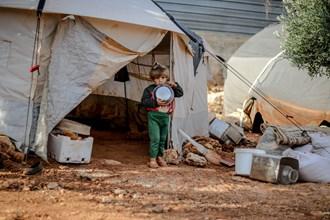
DEMAC receives grant for enhancing Syrian diaspora-led earthquake response in Northwest Syria
H2H Network has awarded an activation fund to DEMAC to support Syrian-led operational response. The project will be implemented in partnership with the Syrian NGO Alliance.
